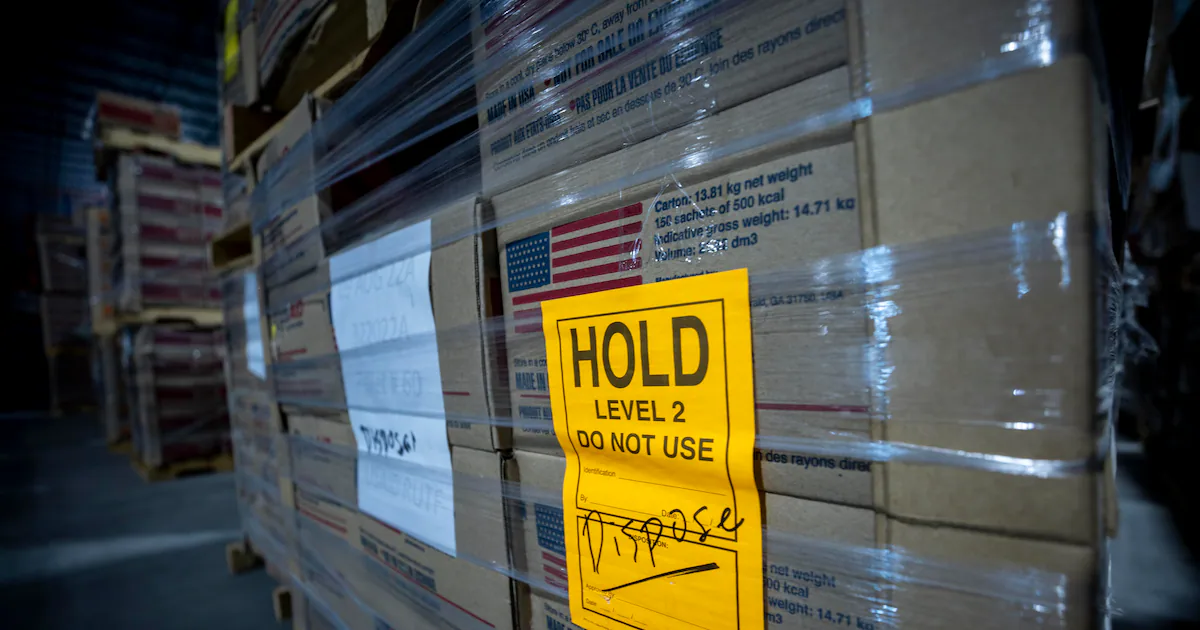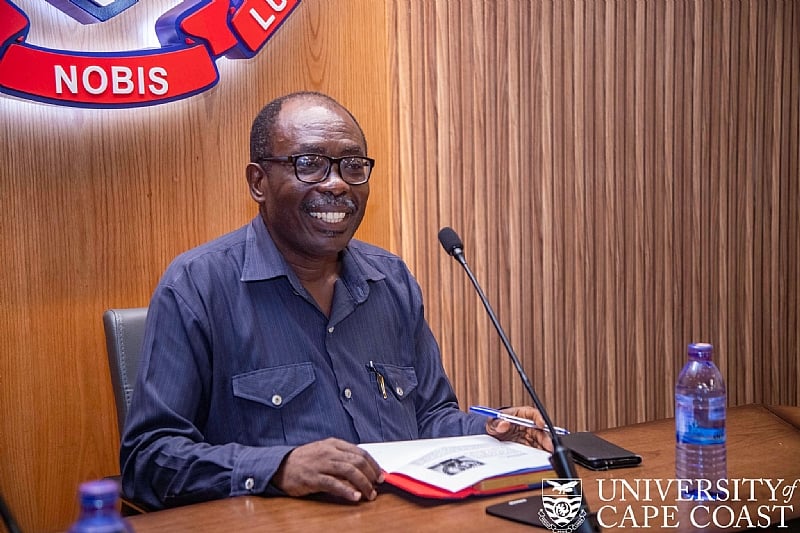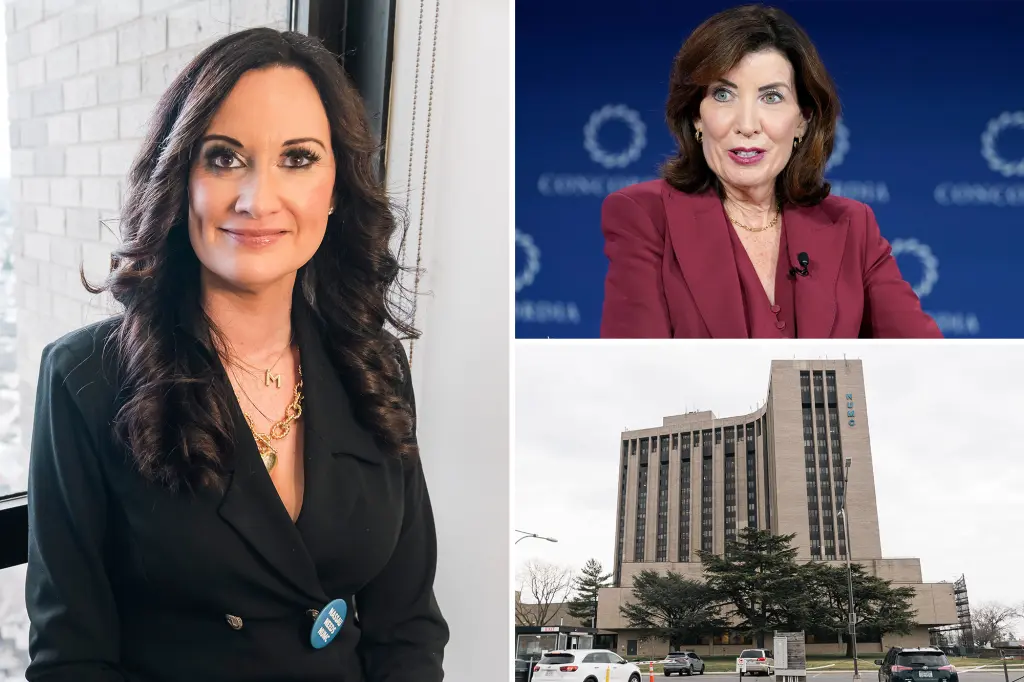
The Supreme Court on Friday cleared the way for the Trump administration to freeze more than $4 billion in foreign aid, a victory for the president’s push to exert greater control over federal spending.
The justices lifted a preliminary injunction from a federal judge who found the president had usurped Congress’s power of the purse by refusing to spend billions it had budgeted for food, medicine and development around the world.
The funding is set to expire on Sept. 30, so it almost certainly will go unspent.
The high court’s majority, in a brief order, said the administration probably was correct that the applicable law does not allow private groups to sue to enforce congressional appropriations and that “the asserted harms to the Executive’s conduct of foreign affairs appear to outweigh the potential harm faced by respondents.”
Justice Elena Kagan, in a dissent joined by the court’s two other liberals, said the justices should not have decided the case on the court’s emergency docket. Such cases get shorter briefings and no oral arguments. They are usually decided quickly.
“The stakes are high: At issue is the allocation of power between the Executive and Congress over the expenditure of public monies,” Kagan wrote.
“In a few weeks’ time-when we turn to our regular docket-we will decide cases of far less import with far more process and reflection,” she wrote. “The Court today carries on regardless, staying the District Court’s ruling that the Executive must obligate the disputed funds.”
The victory is yet another win for the Trump administration on the Supreme Court’s emergency docket. The court’s conservative supermajority has allowed Trump for the time being to ban transgender soldiers from the military, carry out mass layoffs of federal employees and grant the U.S. DOGE Service access to Americans’ sensitive information at the Social Security Administration.
Trump has embarked on efforts to block funds across the federal government on everything from health research to transportation projects to “sanctuary cities.” Congressional Democrats estimate that $430 billion in federal spending is on hold. The victory before the high court could embolden his efforts.
Trump says he is trying to shrink a bloated federal bureaucracy and bring spending in line with the goals of his administration. Critics say he has overstepped his authority by asserting broad powers to unilaterally choke off funding.
The showdown over Trump’s freeze on foreign aid follows a long-running legal dispute between international aid groups and the administration that has bounced around the federal courts during the last six months.
U.S. District Judge Amir H. Ali recently ordered the Trump administration to allocate $10.5 billion in aid by the end of the fiscal year on Tuesday. Trump officials said they would spend $6.5 billion, but employed a controversial budget tactic to try to claw back more than $4 billion through what is known as a “pocket recission” that was later ruled illegal.
A federal appeals court declined to block Ali’s order on Sept. 6, and the Trump administration asked the Supreme Court on Sept. 8 to stay it. The next day Chief Justice John G. Roberts Jr. issued a brief pause on the portion of the order covering the $4 billion so the court could consider the appeal.
Solicitor General D. John Sauer wrote in the government’s filing to the Supreme Court that meeting the Sept. 30 deadline would be “untenable” because the administration would have to immediately start diplomatic negotiations with other nations about using funds it was opposed to spending.
“The President can hardly speak with one voice in foreign affairs or in dealings with Congress when the district court is now forcing the Executive Branch to advocate against its own objectives,” Sauer wrote.
The international aid groups said in their filing that the Trump administration was enacting a power grab.
“The Administration is effectively asking the Supreme Court to bless its attempt to unlawfully accumulate power,” said Lauren Bateman, an attorney for Public Citizen Litigation Group, which is representing some of the plaintiffs.
Soon after being sworn in, Trump announced a hold on tens of billions of dollars in foreign assistance administered through the U.S. Agency for International Development and State Department, saying the spending was antithetical to the United States’ values and goals. Trump officials dismantled USAID in the months that followed.
Global health groups and other international aid groups sued in February, saying the cuts were illegal and would precipitate humanitarian crises in areas hard hit by famine, disease and war.
A divided Supreme Court ruled in April that Ali could order the Trump administration to repay about $2 billion in foreign aid work that had already been completed by contractors. The fight over what to do with the remaining money has played out in the intervening months.
The Supreme Court has – at least on a temporary basis – allowed the Trump administration to move forward with cuts in some cases. In two other decisions this year, a divided court allowed officials to cancel nearly $800 million in National Institutes of Health grants and up to $65 million in teacher training grants.



